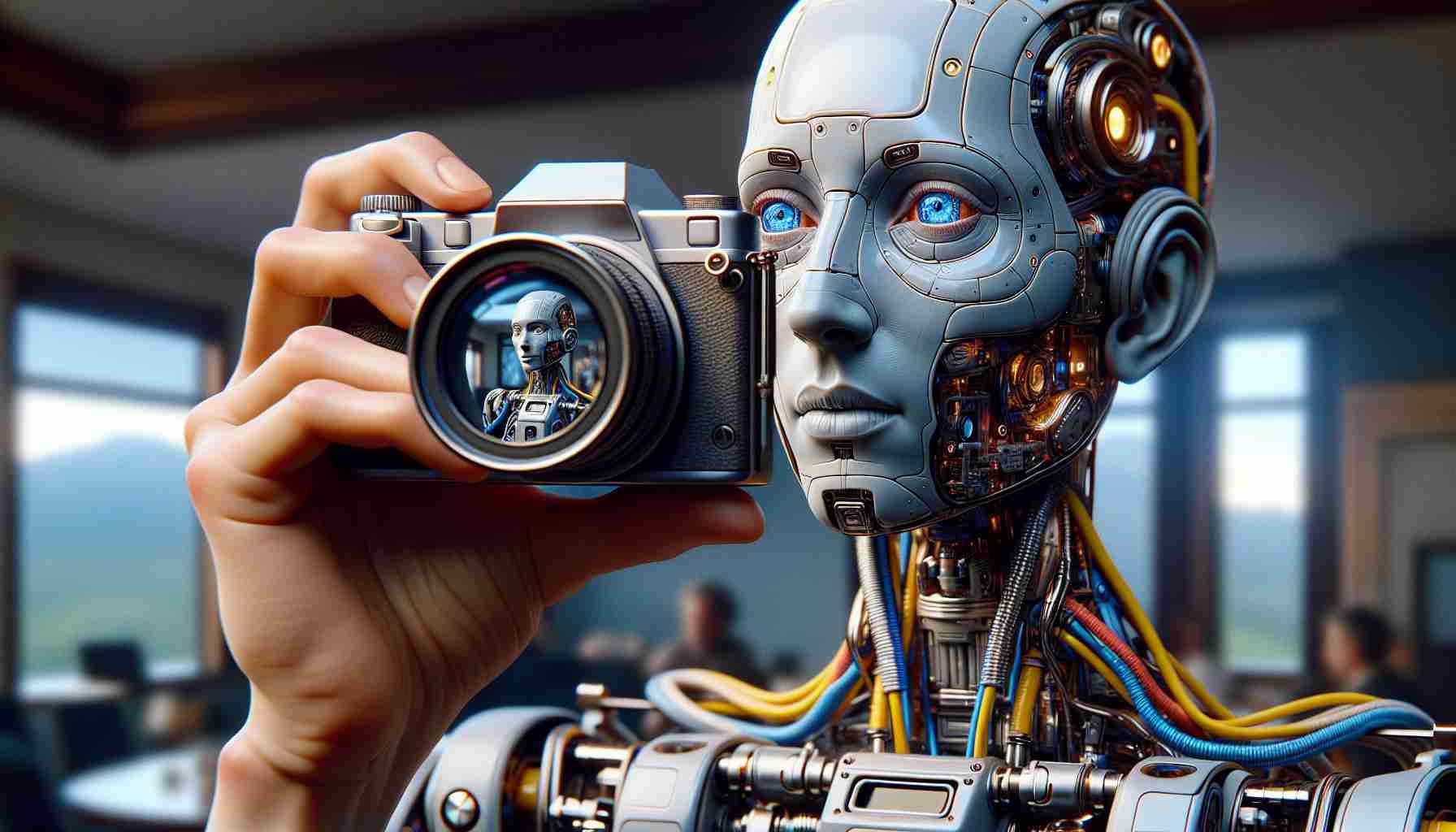A recent application submitted to the Canadian Federal Court sought to establish a legal precedent, excluding artificial intelligence (AI) from being recognized as authors under the Canadian Copyright Act. The application marks a significant legal challenge concerning the ownership of content generated by AI systems, encompassing text, images, and videos produced by platforms like ChatGPT.
In response to the growing prevalence of AI-generated content, the University of Ottawa’s Samuelson-Glushko Canadian Internet Policy and Public Interest Clinic (CIPPIC) initiated the application with the aim of solidifying the principle that only human creators should be granted authorship rights. David Fewer, the director and general counsel at CIPPIC, emphasized the necessity of establishing clear legal boundaries in light of the increasing role of AI in content creation.
Emphasizing the importance of setting regulations before AI-generated content enters commercial spheres, Fewer highlighted the pivotal moment at which the intersection of AI and copyright law currently stands. With the onset of a new era where AI-produced content is on the brink of permeating various industries, establishing frameworks to define authorship becomes paramount to safeguarding intellectual property rights in the face of technological advancements.
New Developments in the Debate on AI Excluded from Authorship Recognition in Canadian Copyright Law
A critical aspect that has emerged in the debate over recognizing artificial intelligence (AI) as authors under Canadian copyright law is the consideration of potential implications for international intellectual property agreements. The question arises of whether excluding AI from authorship recognition aligns with global standards and treaties, such as the Berne Convention. Addressing this issue becomes crucial as countries strive to ensure harmonization in intellectual property regulations across borders while also adapting to the evolving capabilities of AI systems.
Key Questions:
1. How do current Canadian copyright laws compare with regulations in other jurisdictions regarding AI-generated content?
2. What potential ramifications could arise from recognizing AI as authors in terms of ownership rights and liability?
3. How might the exclusion of AI from authorship recognition impact innovation and the development of AI technology in Canada?
Answers and Considerations:
1. While some countries, such as the United States, have explored granting authorship rights to AI systems, Canada’s stance underscores a distinct approach centered on human creators’ primacy in the creative process.
2. Recognizing AI as authors could lead to challenges in determining liability for infringement or misuse of AI-generated works, potentially complicating legal recourse in cases of copyright violations.
3. Excluding AI from authorship recognition may provide clarity and certainty for human creators regarding their intellectual property rights, encouraging continued innovation and investment in creative endeavors.
Challenges and Controversies:
One of the primary challenges associated with excluding AI from authorship recognition is the potential stifling effect on AI development and use in creative industries. As AI technologies advance and play an increasingly integral role in content creation, the lack of clear guidelines on authorship could deter investment and hinder the integration of AI innovations in various sectors.
Advantages and Disadvantages:
Advantages:
– Clarity in authorship rights for human creators, promoting confidence in the protection of intellectual property.
– Preventing legal ambiguity and disputes surrounding ownership of AI-generated content.
– Upholding the human-centric approach to creativity and innovation.
Disadvantages:
– Potential limitations on the utilization of AI in creative processes due to uncertain legal status.
– Complexity in addressing issues of liability and accountability in cases involving AI-generated works.
– Risk of falling behind in technological innovation if regulations fail to adapt to the evolving role of AI in content creation.
For further insights into the global implications of AI in copyright law, visit the World Intellectual Property Organization website.






















